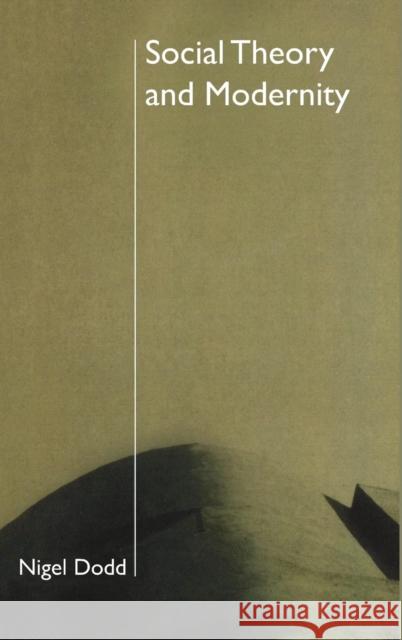Social Theory and Modernity » książka
topmenu
Social Theory and Modernity
ISBN-13: 9780745613130 / Angielski / Twarda / 1999 / 288 str.
Social Theory and Modernity
ISBN-13: 9780745613130 / Angielski / Twarda / 1999 / 288 str.
cena 308,07
(netto: 293,40 VAT: 5%)
Najniższa cena z 30 dni: 305,55
(netto: 293,40 VAT: 5%)
Najniższa cena z 30 dni: 305,55
Termin realizacji zamówienia:
ok. 30 dni roboczych.
ok. 30 dni roboczych.
Darmowa dostawa!
This major new textbook in social theory takes the concept of modernity as its guiding theme.











